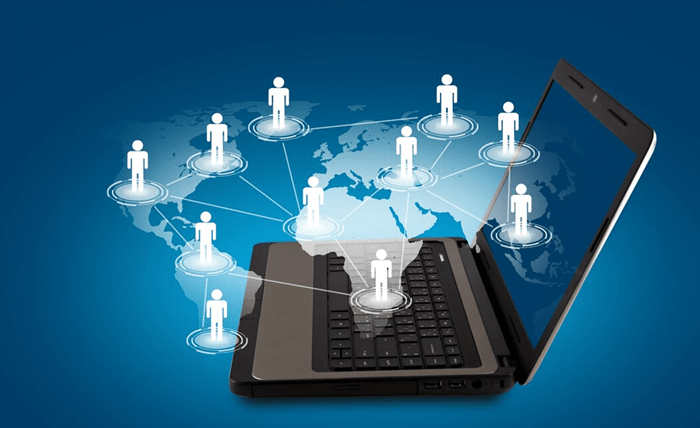
Remote work has become the cornerstone of modern work culture. The flexibility to work from anywhere has given rise to distributed teams spanning across cities, countries, and even continents. But how do organizations ensure productivity, collaboration, and smooth operations in such setups?
The answer often lies in leveraging specialized tools. They act as a bridge, connecting dispersed teams and streamlining workflows. Let’s explore how they empower distributed workforces and ensure efficiency.
What Are Remote Management Tools?
A remote management tool is a software solution designed to help businesses oversee their operations and teams remotely. It centralizes communication, organizes projects, monitors performance, and resolves issues seamlessly—all without requiring physical presence.
From ensuring effective task delegation to tracking progress in real-time, these tools are indispensable for businesses managing distributed teams. With automation and analytics features, they also provide valuable insights for optimizing workflows and boosting productivity.
Bridging the Gap Between Teams
One of the primary challenges of a distributed workforce is maintaining strong communication and collaboration. When team members work in different time zones or countries, coordination can feel like a monumental task.
These solutions simplify work by offering centralized platforms where everyone can connect, communicate, and collaborate. They eliminate the need for endless email threads or confusing message chains. Instead, team members can share updates, assign tasks, and resolve queries in one cohesive space.
Ensuring Security in Distributed Workforces
A concern that often accompanies remote work is data security. With employees accessing company resources from various locations, ensuring a secure workflow is crucial. Many such platforms come equipped with analytics and reporting features.
A remote management tool allows managers to track key performance indicators (KPIs) like task completion rates, project timelines, and resource utilization. These insights not only help identify bottlenecks but also enable teams to focus on areas that need improvement. This focus on security not only prevents data breaches but also builds trust within the team and with clients.
Flexible Solutions for Evolving Needs
Every organization has its own set of challenges when managing remote teams. These tools offer high flexibility to cater to diverse needs. From task management to real-time communication, these tools provide features that can be customized based on specific team dynamics. Hackathon software is a great example of a remote management solution designed to foster collaboration and innovation in time-sensitive, project-based settings.
For instance, managers can create separate workspaces for different projects, ensuring clarity and reducing confusion. Similarly, employees can prioritize their tasks, ensuring a better work-life balance. By adapting to evolving work environments, these tools keep teams connected and operations running smoothly.
Why Management Tools Are the Future
As more companies embrace distributed workforces, the demand for efficient management solutions continues to grow. Remote management tools not only simplify day-to-day operations but also foster collaboration and innovation among teams.
They are particularly beneficial for industries where employees need access to centralized systems, real-time updates, or secure communication channels. For businesses striving to scale or improve their global reach, such tools act as a critical enabler.
Remote management tools have become indispensable in the age of distributed workforces. By bridging communication gaps, enhancing productivity with data-driven insights, ensuring robust security, and offering flexible solutions, these tools empower organizations to thrive in a remote-first world. They not only streamline operations but also unlock the full potential of teams, enabling businesses to remain agile and competitive.




